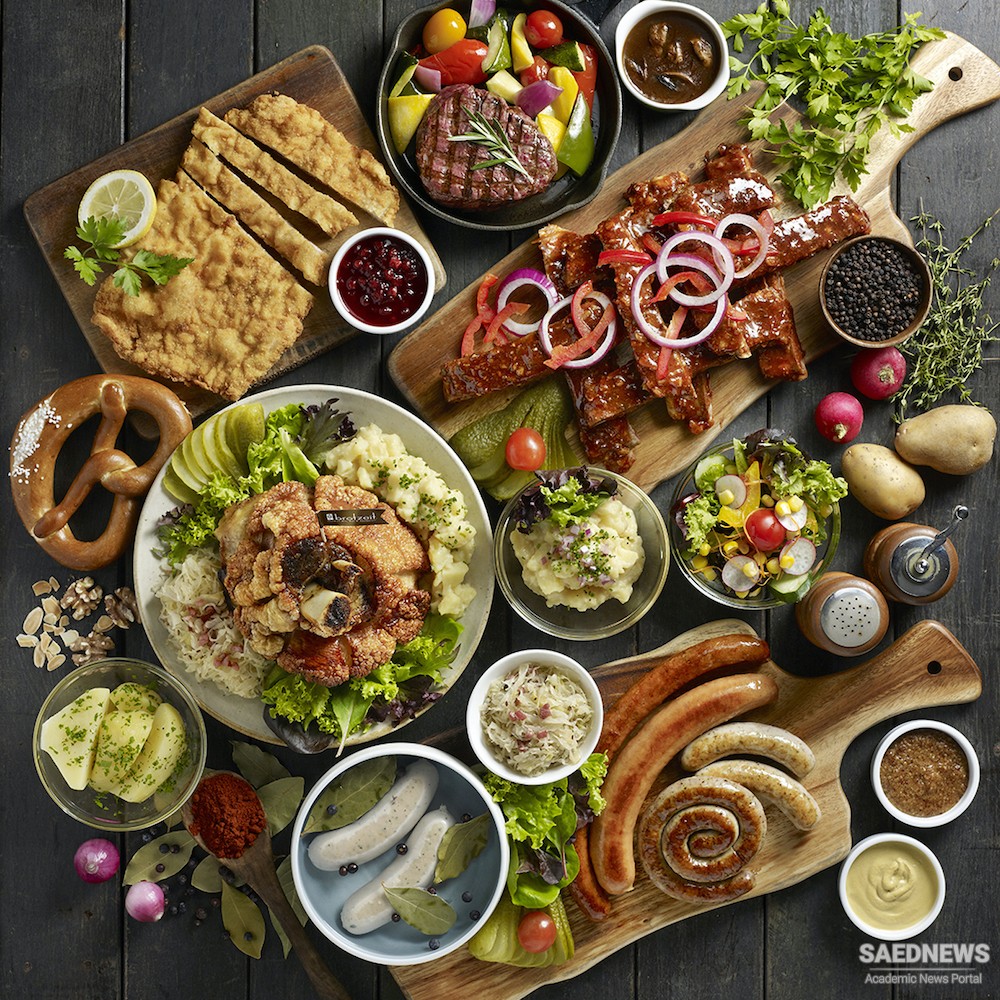In the current global environment the relationship between food and tourism represents a significant opportunity product development as well as a means to rural diversification. Specialized products offer the opportunity for the development of visitor product through rural tours, direct purchasing from the farm, specialized restaurant menus with an emphasis on local food, and home stays on such properties. Indeed, in these circumstances, outsider interest in local produce may serve to stimulate local awareness and interest, and assist not only in diversification, and maintenance of plant and animal variety, but may also encourage community pride and reinforcement of local identity and culture. Therefore, it is apparent that from the seeds of globalization the development of strong local food identities and sustainable food systems have substantial potential to grow, with tourism playing an significant role in this process. However, while the relationship between food and tourism is at first glance obvious, in productive terms the relationship needs to be integrated into a strategy for local economic development that seeks to maximize economic and social leverage between producers and the tourism industry. There are several practical components to such a strategy: # reduce economic leakage by using local renewable resources rather than external sources, e.g. use local materials for packaging, ‘buy local’ campaigns; # recycle financial resources within the system by buying local goods and services, e.g. hotels and restaurants need to purchase and promote local foods, produce and wine or other beverages, use local banks and credit unions; # add value to local produce before it is exported, e.g. bottle and package food locally, consider using distinctive local packaging in order to reinforce local brand identity, use local food as an attraction to tourists thereby increasing the circulation of tourist expenditure through the local economy; # connect up local stakeholders, people and institutions to create trust, new linkages and more efficient exchanges, e.g. local farmers’ and producers’ co-operatives, the development of local marketing networks, ‘buy local’ campaigns.


 Food Tourism and Revival of Rural Economy
Food Tourism and Revival of Rural Economy














































